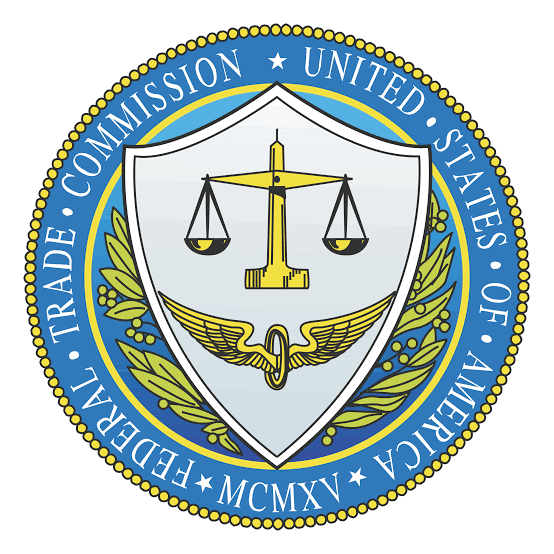FTC is updating a rule to prevent AI from impersonating entities aiming to protect consumers from deepfakes.
The US Federal Trade Commission (FTC) is working to revise a rule that forbids artificial intelligence (AI) from impersonating companies or government entities in order to safeguard all customers citing the growing threat of deepfakes.
The amended regulation, subject to final wording and public comments received by the FTC, the amended regulation may make it unlawful for generative artificial intelligence (GenAI) platforms to promote goods or services they are aware could be used to deceive people and cause them harm.
In a press release, FTC Chair Lina Khan stated that the agency is now able to bring direct federal court lawsuits against scammers to force them to refund money they have obtained by posing as businesses or the government. After it is published in the Federal Register the final regulation on impersonation by the government and business impersonation will take effect 30 days later.
“With voice cloning and other AI-driven scams on the rise, protecting Americans from impersonator fraud is more critical than ever. Our proposed expansions to the final impersonation rule would do just that, strengthening the FTC’s toolkit to address AI-enabled scams impersonating individuals.”
After it is published in the Federal Register, the additional notice of proposed rulemaking will be available for public comment for 60 days. Information on how to submit comments will be provided. Deepfakes are videos that have had someone’s face or body altered using artificial intelligence.
Although the distribution or production of fake photographs is not covered by federal law, some legislators are attempting to address this problem.Theoretically, celebrities and victims of deepfakes can pursue legal recourse through well-established channels such as copyright laws, likeness rights and other torts (such as invasion of privacy or intentional infliction of emotional distress) to get justice.
However, it can take a while and be difficult to pursue charges under these several statutes. The Federal Communications Commission reinterpreted a rule that prohibits spam messages created with artificial or pre-recorded voices on January 31, thereby outlawing AI-generated robocalls.
This action was taken shortly after a deepfake of President Joe Biden was deployed in a phone campaign in New Hampshire to dissuade voters. Congress has not acted so state legislatures nationwide have enacted legislation outlawing deepfakes.












